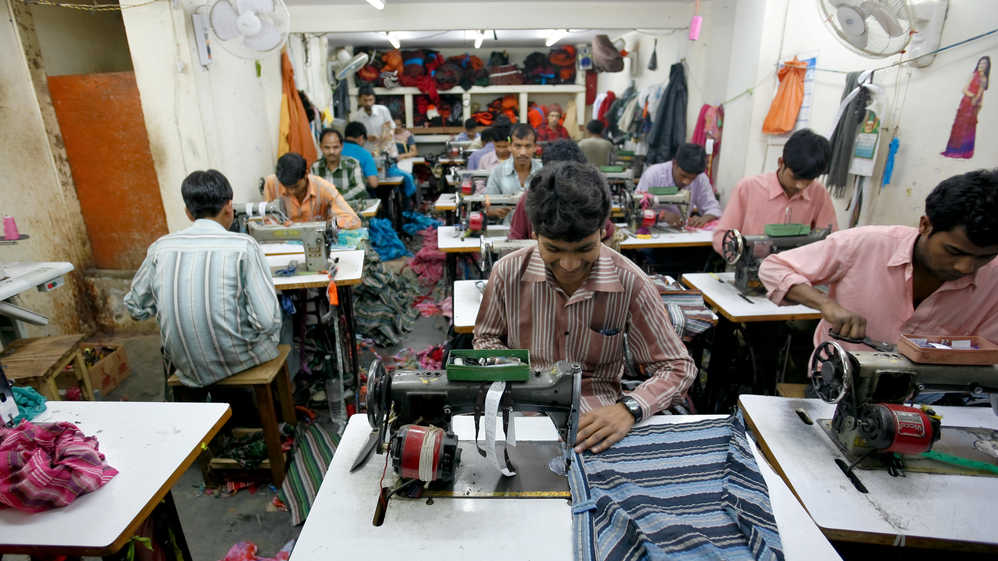In a recent judgment, a Supreme Court bench struck down an order by the Gujarat government, which had allowed employers to deny overtime wages as prescribed by law to workers during the period of the lockdown induced by Covid-19. The Supreme Court has pointed out that the right to life guaranteed to every person under Article 21 of the Constitution includes workers, and that social and economic freedom cannot be guaranteed without just and humane working conditions. The apex court also opined that the right to life is not contingent upon the mercy of the employer or the State. This would be an affront to workers’ right to life and the right against forced labour secured in Article 21 and Article 23 of the Constitution. Covid-19 cannot be considered as a public emergency. The entire burden of the economic slowdown should not be borne by workers alone. The notification issued by the Gujarat government had increased daily working hours from 9 to 12 and permitted employers to pay overtime wages at a rate proportionate to their usual wages instead of what was mandated under Section 59 of the Factories Act, 1948. The mandate of the law is to pay workers twice the ordinary wage rate if they worked for more than 9 hours per day. The court has asked the Gujarat government to ensure that legitimate overtime arrears be paid to the affected workers.
The notification in Gujarat is an indication of governments being beholden to industrialists. The power of employers to exploit workers is often buttressed by government notifications and ordinances. Apart from Gujarat, a number of states — Uttar Pradesh is an example — where the Bharatiya Janata Party is in power had quickly taken advantage of Covid-19 and firmly laid the burden of the financial costs arising out of the pandemic on workers. The result, allegedly, has been the weakening of some of their legal rights and privileges. The rationale cited for such action is that quick economic recovery requires investors to be given leeways in reducing labour costs. Such a myopic vision would enhance the likelihood of what is being referred to as a K-shaped recovery where a majority of the populace become worse-off in terms of their economic well-being while a small proportion of rich individuals become wealthier. Given the frightening levels of inequality, this kind of political ‘wisdom’ is unwarranted and callous.











